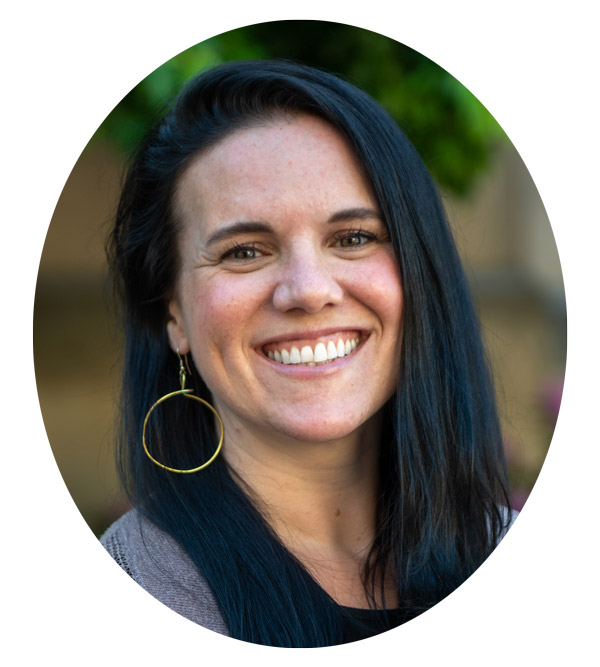In science, career progress-or lack thereof-is typically determined by certain criteria, such as how often a researcher's studies are cited by other scientists, and by the number of papers they publish in prestigious, high-impact scientific journals (which often comes with an expensive price tag paid by a paper's authors). Those metrics, however, are biased against already marginalized groups in science-namely, those who don't identify as white males-and ensure that sexism and racism continue to plague the field, according to 24 researchers who have penned a new PLOS Biology piece on the topic.

Sarah Davies, the piece's co-lead author and a Boston University College of Arts & Sciences assistant professor of biology, says the time crunch and workload created by the coronavirus pandemic was a tipping point for many marginalized researchers. "I've never been busier, so it was an interesting choice to take on a 'perspectives' piece outside my field of [marine biology] research," she says. "But the coronavirus pandemic created the perfect storm of being 'over it.'" For Davies, that meant the daunting task of navigating a changing work and research environment while juggling childcare amidst the pandemic.
The Brink spoke with Davies about the recommendations she and her 23 collaborators-including BU scientists Wally Fulweiler, Colleen Bove, and Hanny Rivera-put forth in their paper, how academic and industry leaders can effect change, and why mentorship and community well-being should be at the heart of career growth metrics in science.






